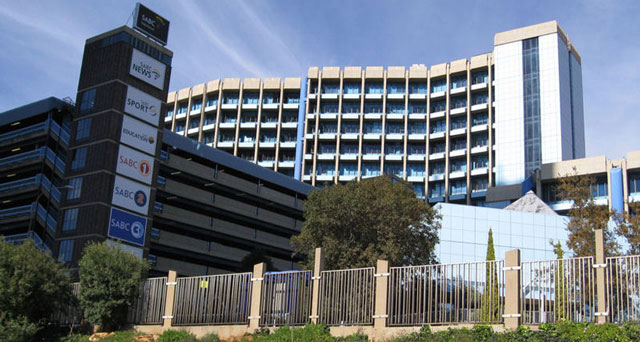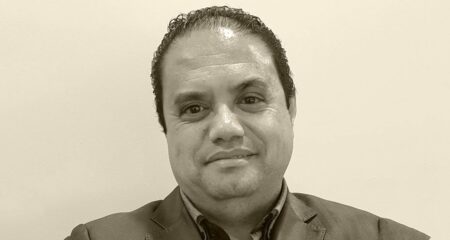
The SABC has had 12 CEOs in the past eight years, parliament’s ad hoc committee looking into the SABC board heard on Wednesday.
Media Monitoring Africa’s William Bird told the committee that the institution had been unstable for almost a decade.
“It has had 12 CEOs since 2008. This is not a stable institution. We have had three boards in 10 years, excluding the interim board.”
He said the SABC’s deal granting MultiChoice access to its archives was problematic.
The archives were undersold at R553m over five years, which was small by broadcasting standards, yet former chief operating officer Hlaudi Motsoeneng received a bonus for the work.
“That’s the equivalent of rewarding a paedophile by giving him access to more children,” he said.
Bird addressed MMA’s main task of monitoring media coverage at media outlets.
When researching 73 media outlets in the run-up to the 2016 local government elections, the SABC was slanted towards covering the ANC over the other parties, he said.
His colleague Thandi Smith told MPs that for the first time in their history of monitoring elections since 1994, they saw systemic bias in the SABC’s coverage, and it was channel-specific.
On morning shows on SABC1, 2 and 3, the ANC was accessed twice as much as the Democratic Alliance, and five times more than the Economic Freedom Fighters.
MMA’s definition of bias meant favouring of a political party, not giving opposition parties a chance to respond, and language used.
ANC MPs Makhosi Khoza, Fezeka Loliwe and Jabu Mahlangu disagreed with MMA’s findings.
Khoza said the ANC was the ruling party and enjoyed more support than the opposition, so it would naturally occupy more news coverage.
Mahlangu asked if the research was objective, given that Bird had previously expressed his anger at developments at the SABC.
DA MP Phumzile Van Damme agreed with MMA, saying it was an objective fact that the SABC was unfairly favouring the ANC in its coverage.
Smith said the coverage focused on the top five parties, rather than issue-based coverage.
“We would have liked to have seen more prominence given to individual candidates and smaller parties.”
She said coverage however varied between individual radio and TV stations.
With regards to the distribution of voices on SABC stations by gender, the public broadcaster had an average of 24% female, 76% male coverage at the SABC.
On smaller stations, between 80% to 90% of voices heard were predominantly male.
The Save Our SABC Coalition told the committee that their biggest issue at present was ensuring that the broadcaster comply with Icasa’s ruling to reverse the decision to ban airing footage of violent protests.
“For us it’s really important that the SABC follow through with the ruling,” the SOS’s Duduetsang Makuse said.
“Ultimately the SABC belongs to the people of South Africa, considering that 7m of the 12m TV-owning households rely solely on the SABC,” she said.
Her colleague Sekoetlane Phamodi said there were many unanswered questions facing the broadcaster, including the reasons for the departure of former CEO Frans Matlala and the size of his payout.
Other problems included the SABC board’s failure to conduct key processes transparently, continued purging of staff, and communications minister Faith Muthambi’s “undue” influence at the SABC.
Phamodi said ministerial influence went as far back as Dina Pule’s tenure from 2011 to 2013.




